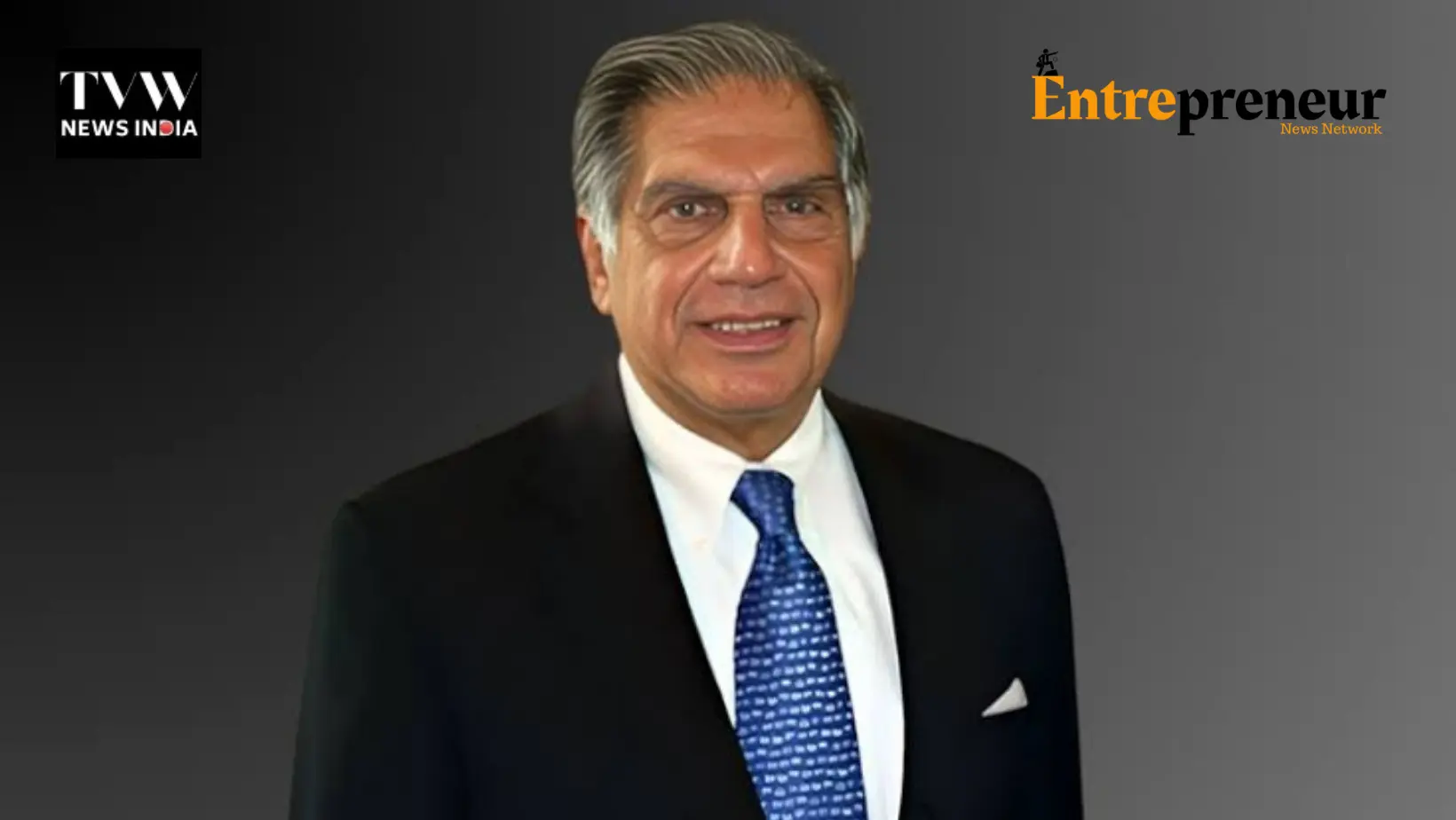Ratan Naval Tata, the former chairman of the Tata Group, is a name synonymous with Indian business and philanthropy. His visionary leadership, unwavering commitment to social responsibility, and transformative contributions to the Tata Group have left an indelible mark on India’s industrial landscape. This article delves into Ratan Tata’s journey, his leadership legacy, and the future of the Tata Group in his absence.
A Legacy of Leadership
Ratan Tata assumed the chairmanship of the Tata Group in 1991, at a time when the Indian economy was undergoing significant liberalization. His tenure marked a period of unprecedented growth and transformation for the conglomerate. Under his leadership, the Tata Group expanded into new sectors, acquired global businesses, and emerged as a leading player in various industries, including steel, automobiles, information technology, and consumer goods.
One of Tata’s most notable achievements was the successful turnaround of the Tata Motors. In 1998, he oversaw the acquisition of the British automotive company Jaguar Land Rover, a move that faced significant skepticism. However, Tata’s strategic vision and investment in research and development transformed Jaguar Land Rover into a profitable and globally recognized brand.
Tata’s commitment to social responsibility and corporate governance set him apart as a leader. He championed initiatives like the Tata Trusts, which focus on education, healthcare, and rural development. Under his leadership, the Tata Group became known for its ethical business practices and its dedication to giving back to society.
A Visionary Leader
Ratan Tata’s visionary leadership was instrumental in shaping the Tata Group’s success. He was a strong advocate for innovation and technological advancements. He encouraged his team to think outside the box and explore new opportunities. His ability to spot emerging trends and invest in promising ventures played a crucial role in the group’s growth and diversification.
Tata was also a strong proponent of sustainability and corporate social responsibility. He believed that businesses have a responsibility to contribute to the well-being of society and the environment. Under his leadership, the Tata Group implemented numerous sustainable initiatives, such as promoting renewable energy, reducing its carbon footprint, and supporting community development programs.
The Future of the Tata Group
Ratan Tata stepped down as chairman of the Tata Group in 2012, leaving behind a strong legacy. His successor, N. Chandrasekaran, has continued to build upon Tata’s vision and drive the group’s growth. However, the absence of Ratan Tata, a charismatic and respected figure, will undoubtedly be felt.
The Tata Group is a complex conglomerate with a diverse range of businesses. Ensuring a smooth transition of leadership and maintaining the group’s unity will be a significant challenge. The ability to adapt to changing market dynamics and continue to innovate will be crucial for the Tata Group’s future success.
Ratan Tata’s Enduring Legacy
Ratan Tata’s legacy extends far beyond the Tata Group. He is revered as a visionary leader, a philanthropist, and a role model for aspiring entrepreneurs. His contributions to Indian industry and society have had a profound impact on the nation’s development.
Even after stepping down from the chairmanship, Ratan Tata continues to be actively involved in philanthropic endeavors and public life. His unwavering commitment to social causes and his passion for making a difference inspire millions of people across the globe.
Ratan Tata’s legacy will undoubtedly continue to shape the Tata Group and Indian industry for generations to come. His visionary leadership, unwavering commitment to social responsibility, and transformative contributions will be remembered as a beacon of inspiration for future generations of business leaders.

